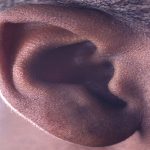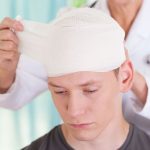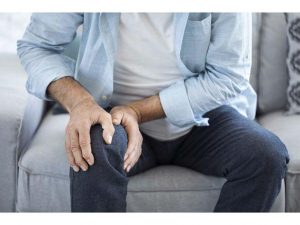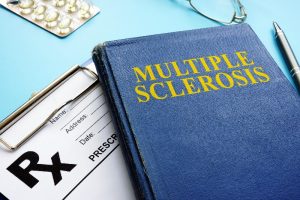
If you have migraines, one or two cups of coffee a day may be okay, but three or more could raise your risk of an attack, a new study concludes. “Interestingly, despite some patients with episodic migraine thinking they need to avoid caffeine, we found that drinking one to two servings/day was not associated with higher risk of headache,” said study principal investigator Dr. Suzanne Bertisch, of the Division of Sleep and Circadian Disorders at Brigham and Women’s Hospital in Boston. “More work is needed to confirm these findings, but it is an important first step,” she added in a news release from Beth Israel Deaconess Medical Center. In the study, Bertisch and her colleagues tracked data from 98 adult sufferers of episodic migraines. Each patient had an average of five migraines a month, 66% had one to two servings of caffeinated beverages a day, and 12% had three or more servings a day. For the purposes of the study, one serving of caffeine was defined as eight ounces (one cup) of caffeinated coffee, six ounces of tea, a 12-ounce can of soda or a 2-ounce can of an energy drink. Over the six-week study period, the participants had an average of 8.4 migraines. All reported having caffeinated beverages on at least one day during the study, with an average of 7.9 servings per week.… read on >

































